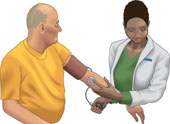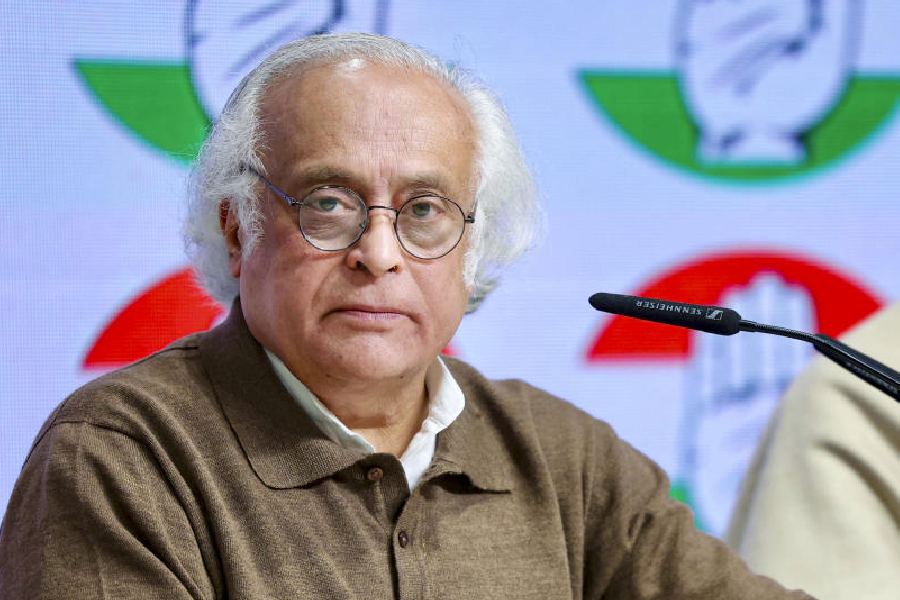 |
Chandana Chandra explains: Pulse indicates the number of heartbeats per minute. So checking a pulse is an easy way determine the heart rate (the number of times our heart beats in a minute). Which is why the first step for any clinical examination is the pulse check. The normal pulse rate of an adult is 60-70 beats per minute, while in children it is about 100 beats per minute.
Measuring the pulse can also give other vital information about the health of a patient, says Dr Pancham Moulik, a senior physician at Woodlands Nursing Home, “Pulse rate can increase due to hunger, lack of proper care or attention, viral infection or due to anxiety or anger,” says Moulik. “ During resting the pulse rate dips down by 10 percent”. Certain drugs used to treat hypertension, depression and complete heart block can also lower the rate. On detecting irregular pulse rate, doctors often advice the patients to go for an electro-cardiogram (ECG).
In Ayurveda, the concept of pulse examination is based on the imbalance between body’s three humours known as tridosha. They are vata (nerve energy), pitta (catabolic fire energy) and kapha (anabolic nutritive energy. “By checking the pulse we get to know the constitutional character (physical behaviour, psychological status, structural condition) of the patient, and accordingly we formulate the principle of treatment,” said Dr Ramesh Tripathy of Shyama Das Baidya Shastrapith, Calcutta.
The question was sent by Barun Roy from Cooch Behar










